Right away, this looks suspicious.
"Linked with" is a standard junk science term that translates roughly into: "Let's see if I can get some headlines by manipulating people into thinking that there is a nebulous relationship between something stupid, and their health, even though I know damn well that it isn't real."
This itself is often linked with another thought: "If I don't write another s#itty paper to go with all my other s#itty papers, forget tenure. This time next year I'll be teaching night lab courses at a community college for eight bucks an hour, sniffing glue and reading Final Exit."
So, where did this strange title come from? A talk at the European Society of Cardiology in London. Professor Keijiro Saku, who is both the dean and a professor of cardiology at Fukuoka University in Japan sure doesn't like soda, because he would have you believe that if you drink it you're more likely to have a heart attack. What kind of soda? Doesn't matter. Because it's not the soda that's gonna kill you, it's the bubbles.
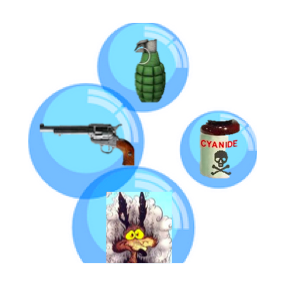
Yes—carbon dioxide, easily the most malevolent chemical to ever exist in this planet, is going to globally warm your goose. Because it's acidic.
Hoo boy.
This is a three-liter bottle of stupidity, but think of all the fun we could have renaming products if this stuff was really true:
Croaka-Cola
Mountain Doomed
Orange Crushing Pain in Your Chest
Sunkist Your Ass Goodbye
Dr. Kevorkian Pepper
Canada Dry Heaves
And of course: Pepsi Mercola.
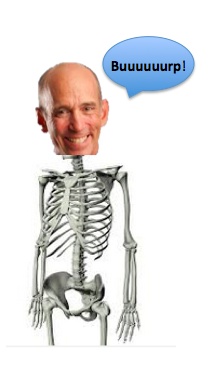
It is not even worth spending my time to pick apart the many flaws, absurd conclusions, and mathematical trickery in the study. Why? Here is why.
The Scatter Plot From Hell:
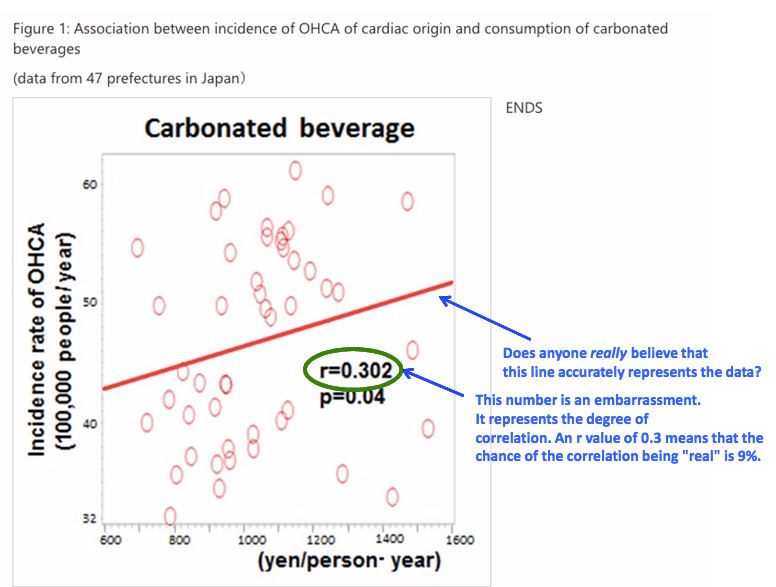
It doesn't matter what the study concludes. If it is based on this graph, it means nothing. The red line is supposed to demonstrate that the spending (not even consumption) on soda correlates with heart attacks. But, does that line really say anything about whether there is any correlation between the two? Or maybe the opposite?
This is where the "r" value, which is generated mathematically from the dataset comes in. When you take "r" and multiply it by itself (r2), the resulting number is a measure of how well the two variables (in this case, heart attacks vs. money spent) correlate with each other. When r= 0.3, it means that there is a 0.09 (NINE percent) correlation between the variables. In other words, meaningless.
Here is another meaningless scatter plot, but at last it's pretty:
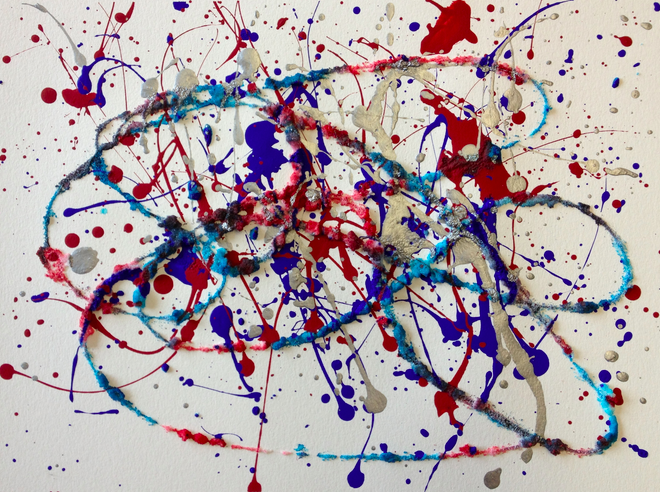
And here is one where r2 = .997! Must be pretty good, huh? There is a 99.7 percent chance of correlation.
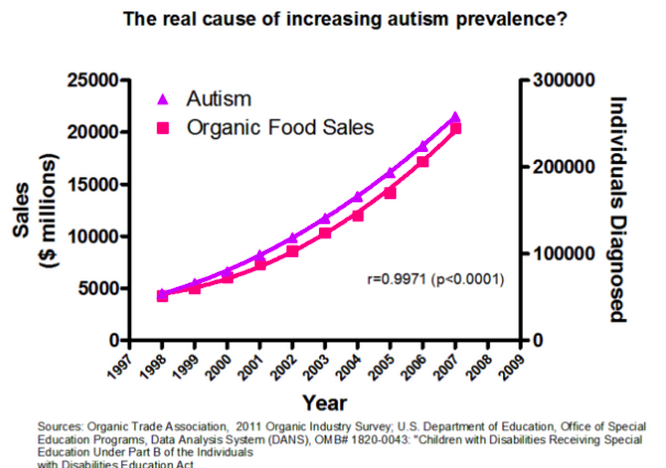
Of course, it's nonsense. The sale of organic food has nothing to do with autism. It just happens to accidently correlate with it. If you measure enough variables, something like this is going to pop up once in a while. It's a meaningless, statistical fluke, but at least it's good one.
In closing, I'm gonna confess that I lied. I am going to refute one part of the study, just because it's too stupid not to do so.
Professor Saku: “Carbonated beverage consumption was significantly and positively associated with OHCAs of cardiac origin in Japan, indicating that beverage habits may have an impact on fatal CVD...The acid in carbonated beverages might play an important role in this association.”
WTF?? The acid in soda is causing heart attacks? Good God(zilla)!
Cause if this is true, you better get rid of a bunch of stuff in your kitchen, including lemons, limes, and vinegar. These are way more acidic than most sodas. In fact, someone bothered to measure 25 types of soda, and guess what? vinegar (pH= 2.4) was more acidic than 24 of them.
Some examples: Diet Sprite is 8-times less acidic than vinegar, Diet Coke, 17-times, and A&W Root Beer 223-times. Hope you like thousands of islands.
If I've just gotten out of that talk (or, worse still; given it) I'm probably gonna feel like going downstairs to the bar, get loaded, maybe get a little lucky with the ladies. But you better be careful. These kinds of places can be dangerous.
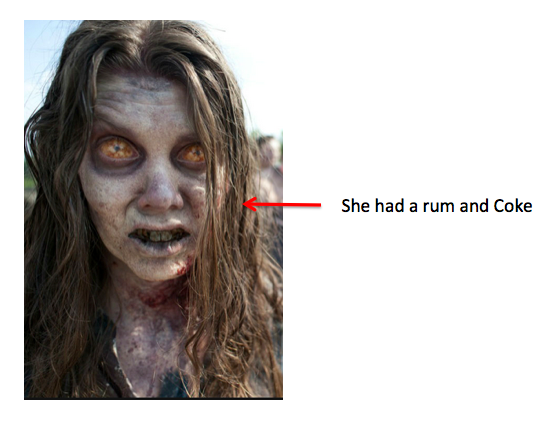





Comments